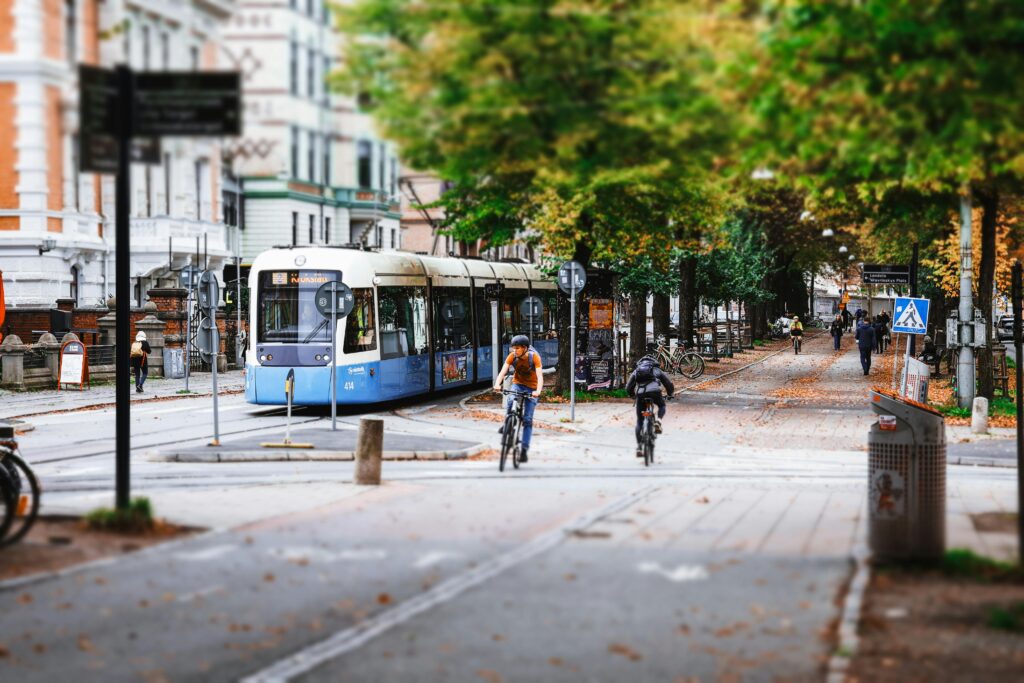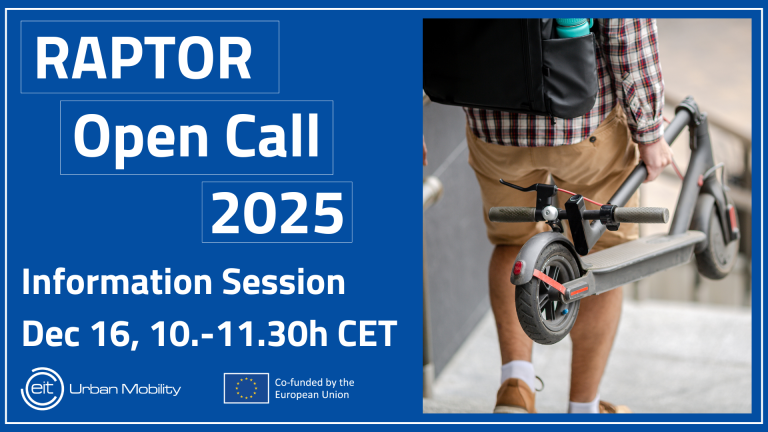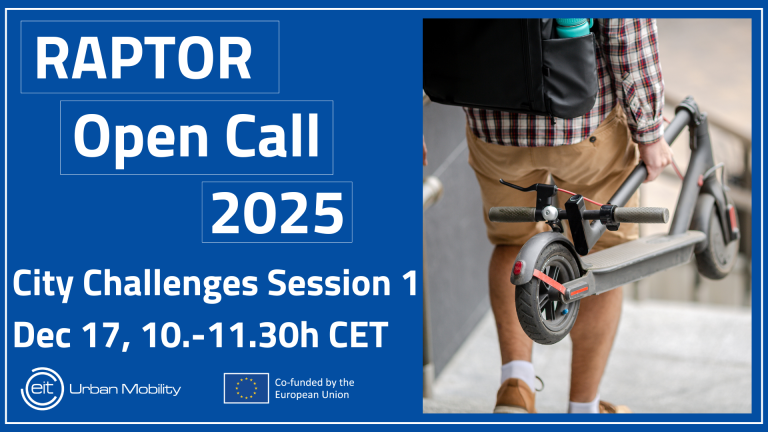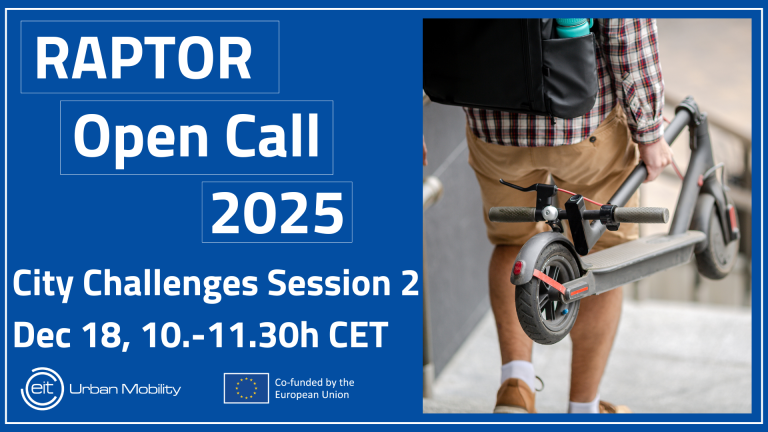Gothenburg
Challenge
How can Gothenburg support the large-scale adoption of e-bikes and e-cargo bikes for commercial use through effective public space management?
CURRENT SITUATION
The city of Gothenburg aims to promote the use of electric bikes and cargo bikes for commercial purposes to encourage quiet, emission-free transport of goods and people in the city centre, creating a cleaner and more spacious environment.
With the recent launch of Sweden’s first Mobility Hotel in Gothenburg, combining micromobility and micro-logistics services to transport both people and goods within the inner city, there is increased interest from businesses in transitioning to these sustainable modes of transport due to the ease and cost-free nature of parking these vehicles. However, as companies slowly adopt e-bikes and cargo bikes for deliveries, improper parking has become an issue, that might lead to congestion and obstructed pedestrian pathways. The city needs to address these challenges to create a safe and efficient urban environment.
To facilitate the large-scale adoption, the city seeks to understand user behaviour and needs. By gathering data on the flow and usage patterns of these vehicles, the city aims to identify optimal locations for designated parking areas, ensuring that infrastructure effectively supports users and enhances the overall flow of city life. Preliminary discussions with businesses using e-cargo bikes indicate a reluctance towards GPS monitoring due to employee privacy concerns, which must be considered in solution design.
Gothenburg is looking for methods or innovative technological solutions to map and/or simulate urban areas and collect data on the behaviours, routes, and parking requirements of sustainable small vehicles used for professional purposes. The city intends to gain valuable insights into the dynamics of the city centre and improve planning for sustainable commercial e-mobility.
The city is not looking for physical bike parking solutions.
Desired situation
The successful implementation of data-gathering solutions for commercial cargo bikes is anticipated to significantly enhance the city’s ability to monitor and manage commercial e-micromobility in Gothenburg.
The following outcomes are expected:
- Comprehensive data collection on the flow, usage patterns, and parking behaviours of cargo bikes in the city centre.
- Improved decision-making processes based on real-time data insights, leading to optimised parking locations and infrastructure planning.
- Enhanced understanding of user needs and behaviours, allowing for tailored services and improved user satisfaction.
- Effective identification of congestion points and areas needing intervention, facilitating proactive management of urban space.
KPIs:
- Data accuracy
- Reduction in parking violations/incidents
- Increased user satisfaction
- Increased use of cargo bikes by companies and professionals (trips made etc.)




